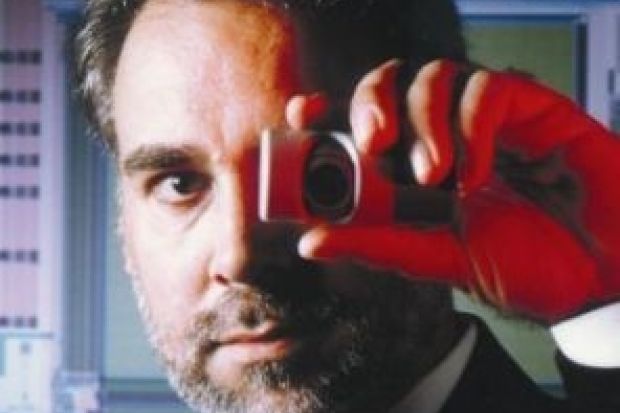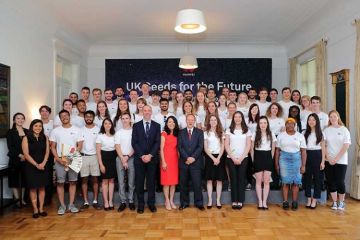The man whose team pioneered the imaging-chip technology that put cameras in mobile phones has died.
Peter Denyer was born in Sussex on April 1953 and studied electronics at Loughborough University. Despite gaining a first, he did not immediately pursue an academic career but went to work at the Government Communications Headquarters before moving to Edinburgh after marrying Fiona Reoch, a Glasgow native.
While working on the design of large-scale integrated circuits for industry, Professor Denyer gained a PhD from the University of Edinburgh. He was made a lecturer in 1980 and then its youngest professor (of integrated electronics) at the tender age of 33.
Now in a position to follow his research hunches, Professor Denyer applied himself to the pursuit of CMOS (complementary metal-oxide semiconductor) technology, despite a series of setbacks and suspicion among some of his peers that he might be wasting his time.
A desire to retain control of his inventions led him to found a company, VLSI Vision, and transform himself into a businessman. It soon expanded into the US market and eventually became the first Scottish university spin-off to be listed on the Stock Exchange - at a value of £25 million.
Although CMOS technology is most celebrated for its applications in mobile phones, it is also used in webcams and for video conferencing.
Professor Denyer personally received a Queen's Award for Technological Achievement in 1997, while his team gained the Rank Prize for Optoelectronics in 2008.
VLSI Vision was sold off in 1999 and became the Imaging Division of STMicroelectronics, although it still operates from Edinburgh and retains strong links with the university's School of Engineering.
Professor Denyer became a "serial entrepreneur" and investor in high-tech projects. He remained an honorary professor at Edinburgh and advised its Commercialisation Unit, where he helped develop spin-off companies producing everything from the world's smallest television screen to the "magic-ball" projectors that feature at pop concerts.
"He was very inventive and able to solve problems on many levels," recalled David Renshaw, his long-term collaborator and a retired senior lecturer in electronics at Edinburgh. "He was incisive and quick, got straight to the point and didn't waste time on things that didn't matter. He had a buoyant personality that thrived on adversity. But underneath he was also just a very nice guy."
To succeed as an inventor, Professor Denyer once said, "you have to be right, you have to be lucky and you have to be very, very determined".
He died of cancer on 22 April 2010 and is survived by his wife and two daughters.
Register to continue
Why register?
- Registration is free and only takes a moment
- Once registered, you can read 3 articles a month
- Sign up for our newsletter
Subscribe
Or subscribe for unlimited access to:
- Unlimited access to news, views, insights & reviews
- Digital editions
- Digital access to THE’s university and college rankings analysis
Already registered or a current subscriber?









